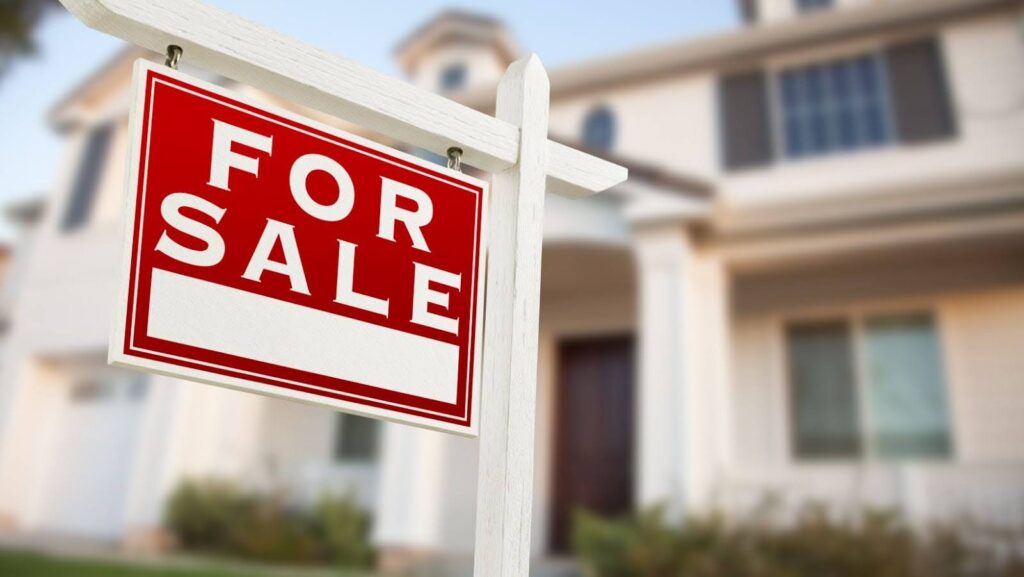
When it comes time to sell a home, many owners make one critical misstep that can cost them both time and money: pricing based on emotion rather than strategy. It’s easy to get attached to a property, especially if it holds personal memories or you’ve spent years renovating it. But pricing high in the hopes of “just seeing what happens” often backfires. Properties that sit on the market too long tend to raise red flags for buyers, and can end up selling for less than they might have if priced right from the start. That’s why working with professionals—such as experienced real estate auctioneers Sydney sellers rely on—can help you avoid this all-too-common trap.
It’s understandable why sellers want to aim high. After all, the home might be in great condition, have unique features, or be located in a fast-growing area. But wishful thinking isn’t a pricing strategy. The market doesn’t respond to sentiment—it responds to value. And value is determined by what buyers are willing to pay in your area right now, not what you hope to get. Overpricing your home even slightly can lead to a cold listing, where interest fizzles out before you’ve had a chance to generate serious momentum.
If you want a faster sale and a stronger price, the key is to look at your property through a buyer’s lens. That means doing more than just checking what your neighbours sold for last year. It means understanding local trends, buyer expectations, and competitive listings in real time.
Why Overpricing Turns Buyers Away
Buyers today are more informed than ever. With real estate apps and online portals, they can see the history of listings, track price drops, and compare dozens of properties side by side. When your home is priced above what similar properties are going for, it sticks out—and not in a good way.
Instead of sparking curiosity, a high price tag can lead buyers to assume you’re either unrealistic, desperate, or not serious about selling. Worse still, buyers might skip viewing your property altogether, thinking they can’t afford it—when in reality, you might have accepted a lower offer had they only asked.
The Importance of First Impressions
When your property first hits the market, that’s when it gets the most attention. Fresh listings get pushed to the top of search results, shown to buyers who have saved search alerts, and promoted more actively by agents. This is your window of opportunity—and pricing too high can waste it.
If the home doesn’t sell quickly, you may end up dropping the price later on, but by then the buzz is gone. Buyers notice when listings go stale. Even if the price eventually reaches a competitive point, some people will wonder why it didn’t sell sooner and start to look for flaws.

How to Get the Price Right
So how do you set a realistic and appealing price without underselling your property? It starts with solid research and a clear understanding of your market. A professional agent or auctioneer will usually start by preparing a comparative market analysis (CMA), which reviews similar properties in your area that have sold recently, those currently on the market, and those that didn’t sell.
But beyond just looking at numbers, a good pricing strategy also takes into account:
- Current market demand: Are homes selling quickly, or sitting for weeks?
- Seasonal trends: Are you listing at a time when buyers are more active?
- Presentation and staging: Is your home move-in ready, or in need of work?
- Local appeal: What does your neighbourhood offer that others don’t?
By combining data with experience, you can find the pricing sweet spot—one that draws interest, encourages competition, and ultimately results in a better outcome.
Auctions vs. Private Sale: Choosing the Right Path
In some markets, auctions can be a powerful way to drive competitive bidding and uncover a property’s true value. Unlike a fixed price listing, an auction sets the stage for urgency and excitement. Buyers know they’re up against others, and that can increase their willingness to go higher than they initially intended. This is one reason why sellers are increasingly turning to auction professionals to help maximise their returns.
That said, auctions aren’t for everyone. They require a strong campaign leading up to the auction date, a property that will attract multiple bidders, and a seller who’s ready to let the market decide the final number. It’s a good idea to consult with a local expert who understands both methods and can help you decide which approach best suits your property and goals.
Let the Market Work For You—Not Against You
Ultimately, your price sets the tone for the entire selling process. A well-priced property gets attention, creates competition, and often sells faster and with fewer complications. A poorly priced one can stall, linger, and cause unnecessary stress.
Remember: the goal isn’t to guess the highest possible number—it’s to find the number that gets buyers through the door and drives offers. When you strike the right balance, the market does the heavy lifting for you. And that’s when you’re most likely to achieve the outcome you were hoping for all along.
